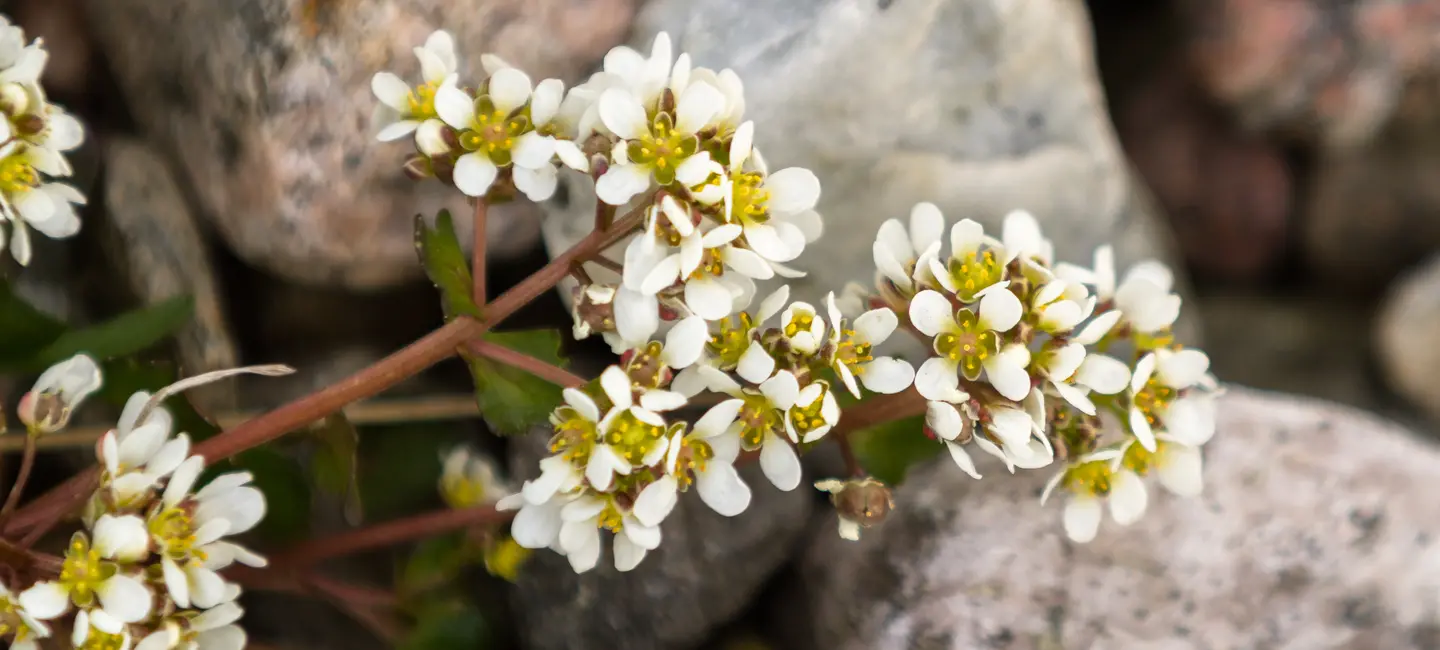
Scurvy grass (Cochlearia officinalis) is a flowering herb. Its leaves have been used to make medicine.
Scurvy grass gets its name from the fact that sailors used to take it to prevent a disease called scurvy. Scurvy is caused by not getting enough vitamin C. Scurvy grass contains vitamin C.
People use scurvy grass for vitamin C deficiency, gout, wound healing, and other purposes, but there is no good scientific evidence to support any use.
Scurvy grass (Cochlearia officinalis) is sometimes called watercress. Do not to confuse it with watercress (Nasturtium officinale). They are not the same.
Is It Effective?
There is interest in using scurvy grass for a number of purposes, but there isn't enough reliable information to say whether it might be helpful.
Is it Safe?
When taken by mouth: There isn't enough reliable information to know if scurvy grass is safe. Large amounts can irritate the stomach and intestines.
When applied to the skin: There isn't enough reliable information to know if scurvy grass is safe. It can irritate the skin.
Special Precautions & Warnings:
Pregnancy and breast-feeding: There isn't enough reliable information to know if scurvy grass is safe to use when pregnant or breast-feeding. Stay on the safe side and avoid use.
It is not known if Scurvy Grass interacts with any medicines. Before taking Scurvy Grass, talk with your healthcare professional if you take any medications.
There are no known interactions with herbs and supplements.
There are no known interactions with foods.
There isn't enough reliable information to know what an appropriate dose of scurvy grass might be. Keep in mind that natural products are not always necessarily safe and dosages can be important. Be sure to follow relevant directions on product labels and consult a healthcare professional before using.
Cochléaire, Cochléaire Officinale, Cochlearia officinalis, Coclearia, Cranson, Cranson Officinal, Herbe aux Cuillères, Herbe au Scorbut, Hierba del Escorbuto, Scrubby Grass, Spoonwort.
Information on this website is for informational use only and is not intended to replace professional medical advice, diagnosis, or treatment. While evidence-based, it is not guaranteed to be error-free and is not intended to meet any particular user’s needs or requirements or to cover all possible uses, safety concerns, interactions, outcomes, or adverse effects. Always check with your doctor or other medical professional before making healthcare decisions (including taking any medication) and do not delay or disregard seeking medical advice or treatment based on any information displayed on this website.
© TRC Healthcare 2024. All rights reserved. Use and/or distribution is permitted only pursuant to a valid license or other permission from TRC Healthcare.
